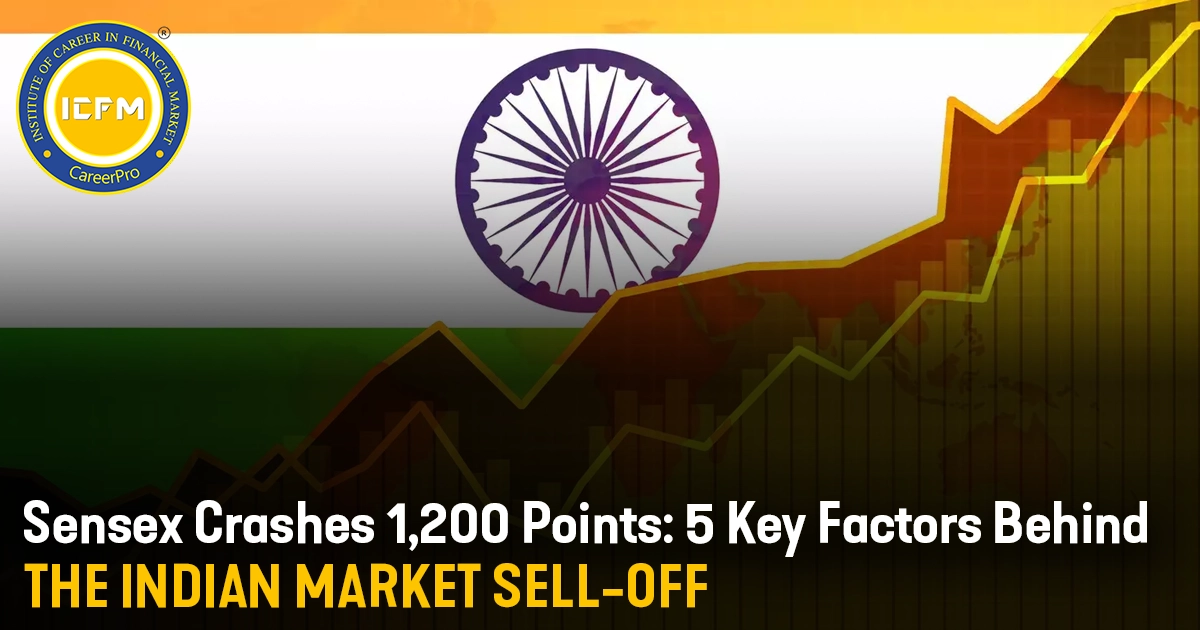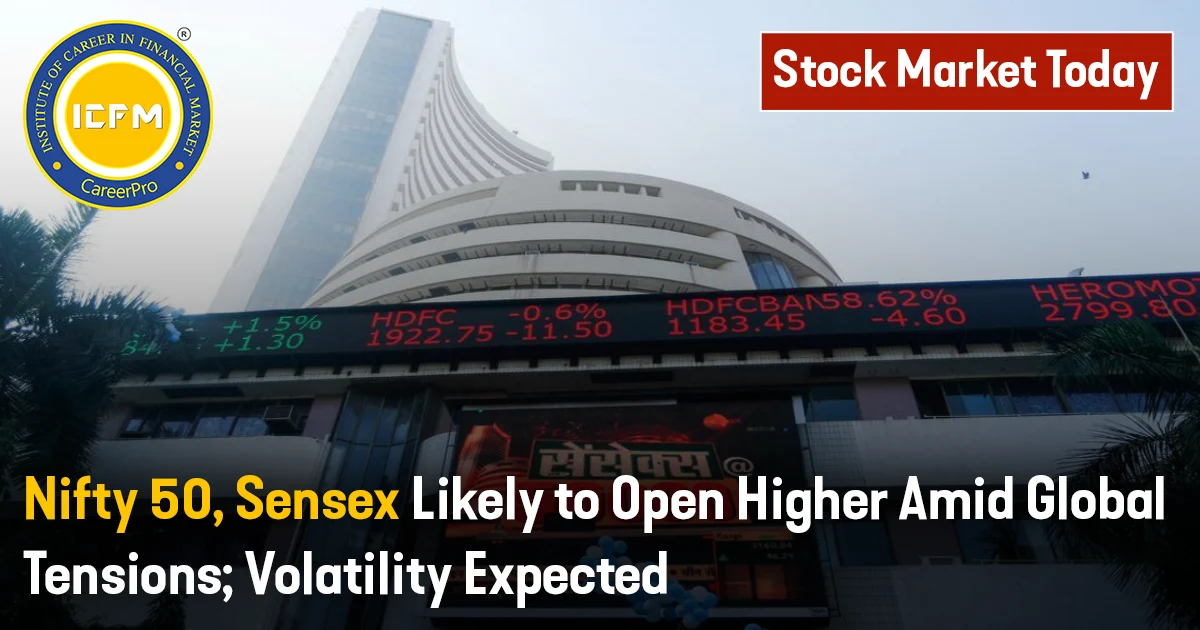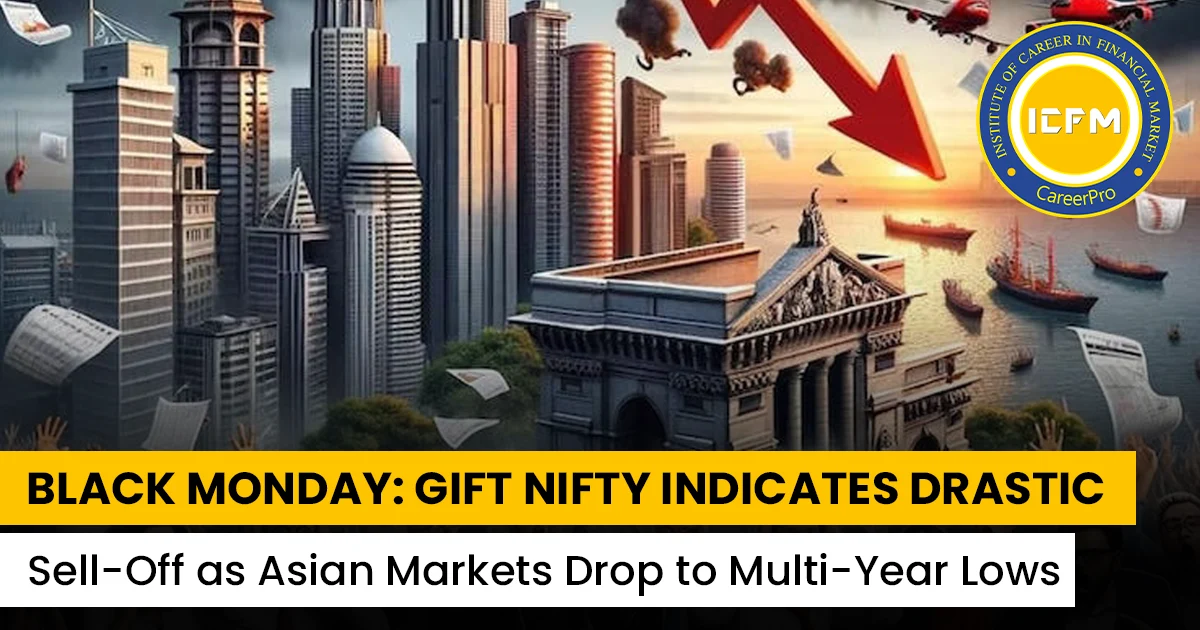The Indian stock market has faced a sharp decline, with Sensex plunging 1,200 points and Nifty 50 dropping below 24,000 on December 19, erasing ₹13 lakh crore in market cap over the past four days.
1. US Fed’s Dovish Rate Cut Outlook :
The Federal Reserve’s decision to trim its benchmark
interest rate by 25 basis points to 4.25-4.50% was in line with expectations.
However, its projection of only two rate cuts in 2025—against market
expectations of three or four—dampened sentiment worldwide.
Major US indices, including the S&P 500 and Nasdaq, fell sharply, triggering a global ripple effect. Asian markets, including India, followed suit.
V K Vijayakumar, Chief Investment Strategist at Geojit
Financial Services, said, "While the rate cut was expected, the trimmed
expectation for further cuts spooked the markets and resulted in sharp
sell-offs."
2. FII Selloff Gains Momentum :
Foreign Institutional Investors (FIIs) sold over ₹8,000 crore of Indian equities in the last three sessions, mainly due to:
A) A stronger US dollar that hit a two-year high.
B) Higher US bond yields.
C) Lower expectations for rate cuts in 2025.
While DIIs tried to soften the blow, the selling pressure
from FIIs was significant in weighing on the market.
3. Rupee Reaches Record Low
The Indian rupee had dropped to a record low of ₹85.3 per US dollar, further spooking investors. A weak rupee:
- Deters foreign investment as currency conversion reduces
returns.
- Exacerbates inflation as imports become costlier.
- Suggests that the monetary policy may tighten further, which is not good news for equities.
4. Macroeconomic Indicators Weaken :
Fresh issues are emerging in India's macroeconomic scenario:
- Trade deficit skyrockets: Trade deficit soared to a record $37.84 billion in November as against $21.31 billion in November 2023.
- India's GDP Growth Rate Slows: Q2 GDP growth was the weakest in two years, the third straight quarter of slowing growth.
The above factors point towards a weakening economic fundamentals and would impact market confidence.
5. Uncertainty in Earnings Recovery :
Following a lacklustre Q1 and Q2 corporate earnings, the
hopes are dampened for Q3 and hopes of recovery are only expected in Q4.
Motilal Oswal Mutual Fund's Fund Manager Santosh Kumar Singh
said, "Unless we see a sharp recovery in earnings, 2025 may remain muted
in terms of stock performance."
Outlook :
The markets are currently going through a storm of global
and domestic challenges. Experts are suggesting monitoring upcoming Q3 earnings
and macroeconomic developments for clearer signals.
Investor Tip: Be cautious when volatility is high. Diversify your portfolio and consult financial advisors before making investment decisions.
Disclaimer: The above information is for educational
purposes only and not investment advice. Please consult certified professionals
before making financial decisions.








